Cancer Center Reflects, Looks Ahead to Bold Future at Annual Retreat
Members collaborated to discuss the state of the Cancer Center, ongoing research projects, team science strategies and proposals, and strategic planning.
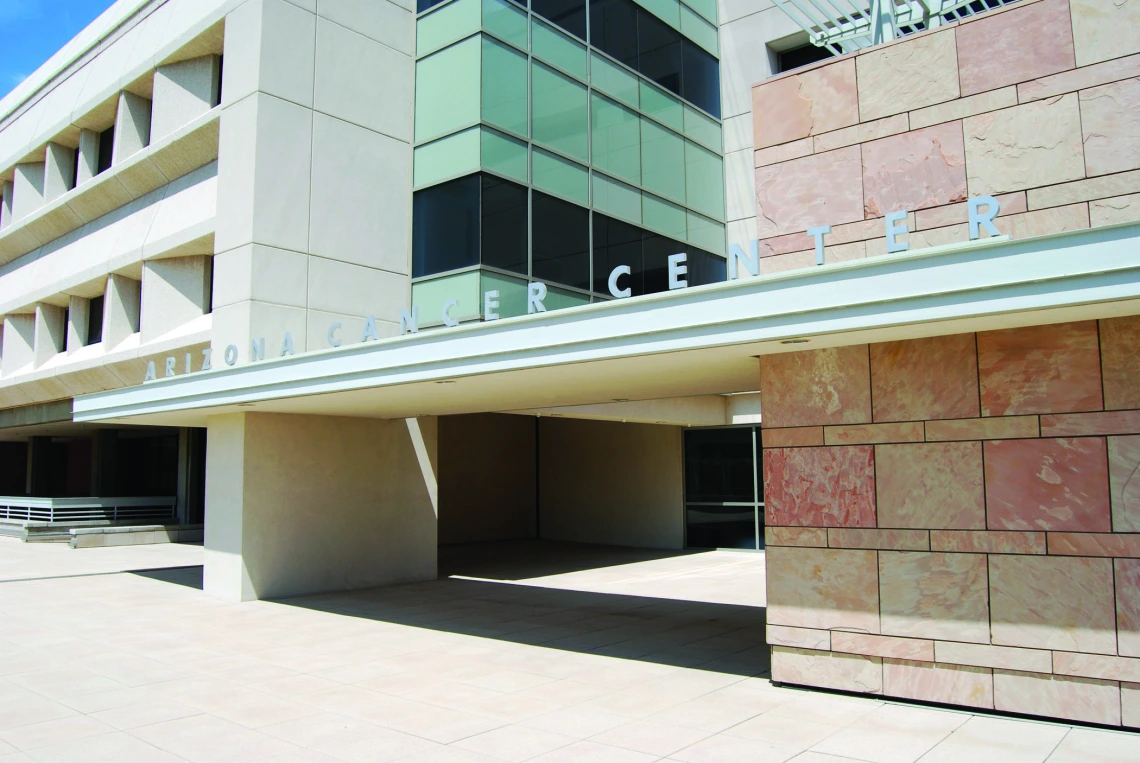
The University of Arizona Cancer Center held its annual scientific retreat last week, bringing together administrative staff and research members. The retreat was held virtually via Zoom this year, in accordance with COVID-19 protocols.
Led by Joann Sweasy, PhD, the Nancy C. and Craig M. Berge Endowed Chair and UArizona
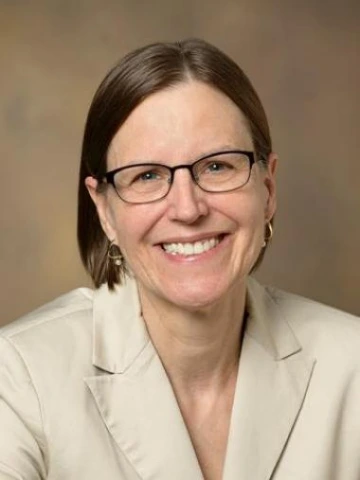
Joann Sweasy, PhD
Cancer Center director, the retreat served as an opportunity to review the past year and look ahead to the bright future of the Cancer Center. It also included question and answer sessions, panel discussions, research poster presentations and a collaborative team science activity.
“As director, I have been incredibly impressed by our entire center,” Dr. Sweasy said. “Everyone understands that a team approach is absolutely critical for us to meet our goals and to best serve our patients. The retreat was a wonderful opportunity to bring together our members, share ideas and plan for our bold future.”
Dr. Sweasy opened the retreat agenda with a state of the Cancer Center discussion. She provided a breakdown of six priorities that have been central to her leadership since transitioning from interim director to director six months ago. Those included: 1) leadership and organization development, 2) internal and external relationship building, 3) planning and evaluation effectiveness, 4) research growth and impact, 5) National Cancer Institute (NCI) Cancer Center Support Grant (CCSG) renewal readiness, and 6) clinical research process improvement.
The poster session detailed a variety of research projects and themes. Among them were: engagement and prevention, genomic instability and DNA repair, gastrointestinal cancer, skin cancer, therapies and treatment, women’s cancers, and training, education and information.
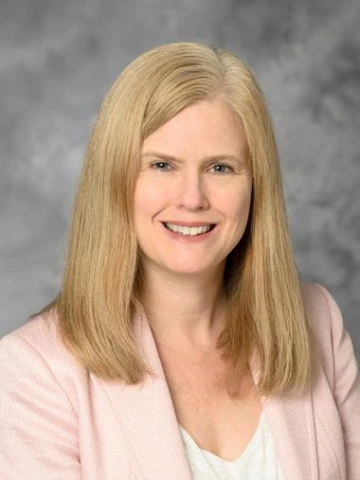
Julie Bauman, MD, MPH
Julie E. Bauman, MD, deputy director, led the team science panel, which provided several senior faculty members’ experiences in creating and producing successful team science projects. The panelists included Margaret Briehl, PhD, Clara N. Curiel-Lewandrowski, MD, Juanita L. Merchant, MD, and Georg T. Wondrak, PhD.
Later in the day, those attending the retreat were assigned to one of 10 groups for a team science activity competition. The teams were given one hour to propose a translational research project. At the end of the hour, the teams delivered a five-minute presentation detailing their proposals’ specific aims, rationale, significance, innovation and impact. Once every team presented, the full group attending the retreat voted on the most effective proposal. That proposal will now have the opportunity to receive pilot funding from the Cancer Center.
The winning proposal, “Cancer and Marijuana,” was submitted by Daniel O. Persky, MD,
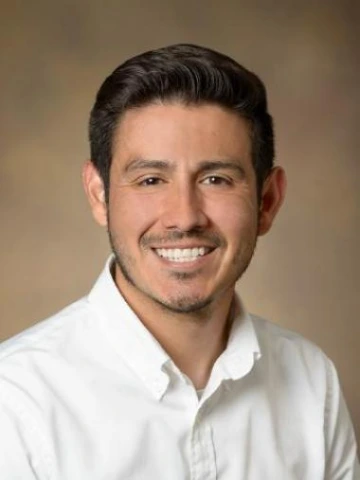
David Garcia, PhD
Denise Roe, DrPH, Jennifer W. Bea, PhD, and Purnima Madhivanan, PhD. The project is opportunistic given recent approval of Arizona Proposition 207, an initiative to legalize the possession and use of marijuana for persons who are at least 21 years old. The team hypothesizes that marijuana use may increase for individuals in the Cancer Center profile, and that it will be valuable to learn more about the drug’s overall effects on cancer patients, including symptom onset and progression, response to treatment and prognosis.
Two junior faculty members also presented an overview of their ongoing research projects. Tsu-Te Judith Su, PhD, a member of the Cancer Imaging Program, highlighted her research in ultra-sensitive and selective detection of DNA and protein biomarkers using frequency-blocked microtoroid optical resonators. David O. Garcia, PhD, a member of the Cancer Prevention and Control Program, outlined his program called “Nosotros Comprometidos a Su Salud,” which engages the Hispanic community in cancer prevention research to reduce health disparities.
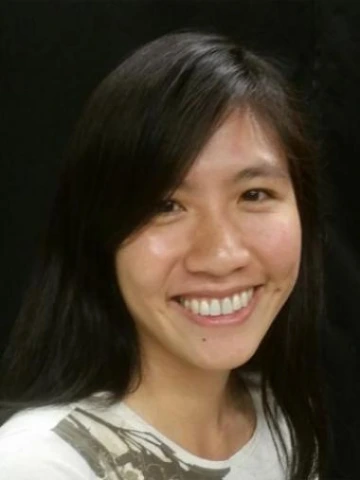
Tsu-Te Judith Su, PhD
Dr. Sweasy closed the retreat by sharing the initial framework for a revamped Cancer Center strategic plan. She solicited feedback from members on key aspects of the plan, including the mission, vision and goals for the center going forward.
“It was a great discussion,” Dr. Sweasy said. “I cherish the input that everyone provided. We have such a bright future, but it takes all of us to achieve it.”







